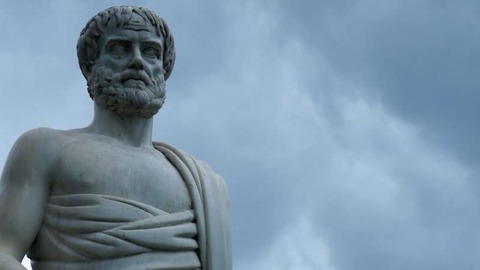Mill vs Aristotle: The Summum Bonum That Wasn't
In a previous post, I outlined some significant differences between Mill and Plato on the question of Pleasure, that I think are grounded in a misreading of Plato. Here, I present a few differences between Mill and Aristotle on the summum bonum, right and wrong action, and pleasure.
When considering the arguments in Utilitarianism, and the obvious allusions to Plato and Aristotle within it, many seem to me to be incomplete at best, and misguided at worst. The main disagreement, almost from the start, is on the question of both what constitutes a “chief good” (and how its justified), and what the chief good actually is. Namely, what is happiness. As we’ll see, this divergence is immediate, and catastrophic. Mill is clearly adopting Aristotle’s framing of the problem of morality, as one in which we must identify the highest good, and then justify our actions relative to it:

